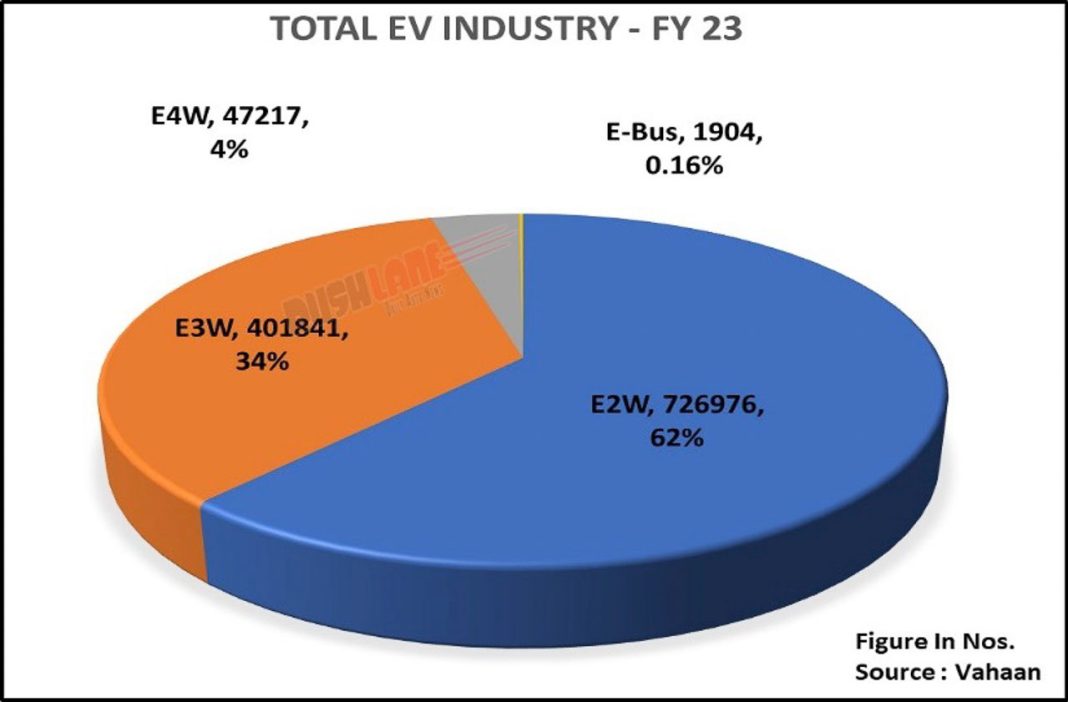The Intercept has filed a complaint with the state attorney general’s office against Texas A&M University for withholding emails related to a new research center funded by conservative donor Leonard Leo. The university claims that exemptions under Texas’s public records law justify their decision, but The Intercept argues that these exemptions do not apply. Leo had previously attempted to establish a similar center at Cornell Law School but faced opposition from faculty members. Texas A&M Law announced that Leo had made a $15 million donation to establish the Center on the Structural Constitution, which is one of the largest donations the university has ever received.
The Intercept requested the gift agreement between the law school and the donor, but the university claimed that they could not locate any documents. However, according to the university’s foundation rules, large donations require written agreements. After further inquiry, the university provided a redacted copy of the agreement, signed by the former president of Texas A&M and the law school’s current dean. The agreement stated that Texas A&M would seek approval from the Board of Regents to establish the center and would not publicly name or recognize the donor without prior approval.
In addition to withholding the gift agreement, Texas A&M is also attempting to withhold emails exchanged between the law school dean and Leonard Leo. The university claims that some of these emails are protected under state laws that safeguard competitive bidding processes and donor identities. However, The Intercept argues that these exemptions do not apply since Leo has already been identified as the donor through extensive reporting. The university also requested authorization to withhold other emails under an exemption that protects policymaking deliberations, but The Intercept contends that this exemption is not applicable since the center has already secured funding and hired its first director.
This case raises concerns about transparency and accountability in higher education institutions. The withholding of emails and documents related to a significant donation and research center raises questions about the university’s commitment to openness and public scrutiny. It is crucial for universities to be transparent about their funding sources and the decision-making processes involved in establishing research centers. The public has a right to know how these centers are funded and whether there are any potential conflicts of interest.
Furthermore, the involvement of Leonard Leo, a prominent conservative donor and co-chair of the Federalist Society, adds another layer of complexity to this case. Leo’s activism and philanthropic efforts have had a significant impact on the judiciary, including the Supreme Court. It is essential to understand the motivations behind his donations and the potential influence they may have on the research conducted at the Center on the Structural Constitution.
Overall, this case highlights the need for greater transparency and accountability in higher education institutions when it comes to funding and decision-making processes. It is crucial for universities to uphold their commitment to public records laws and provide access to information that is in the public interest. The outcome of this complaint will have implications not only for Texas A&M University but also for the broader discussion on transparency in higher education.

